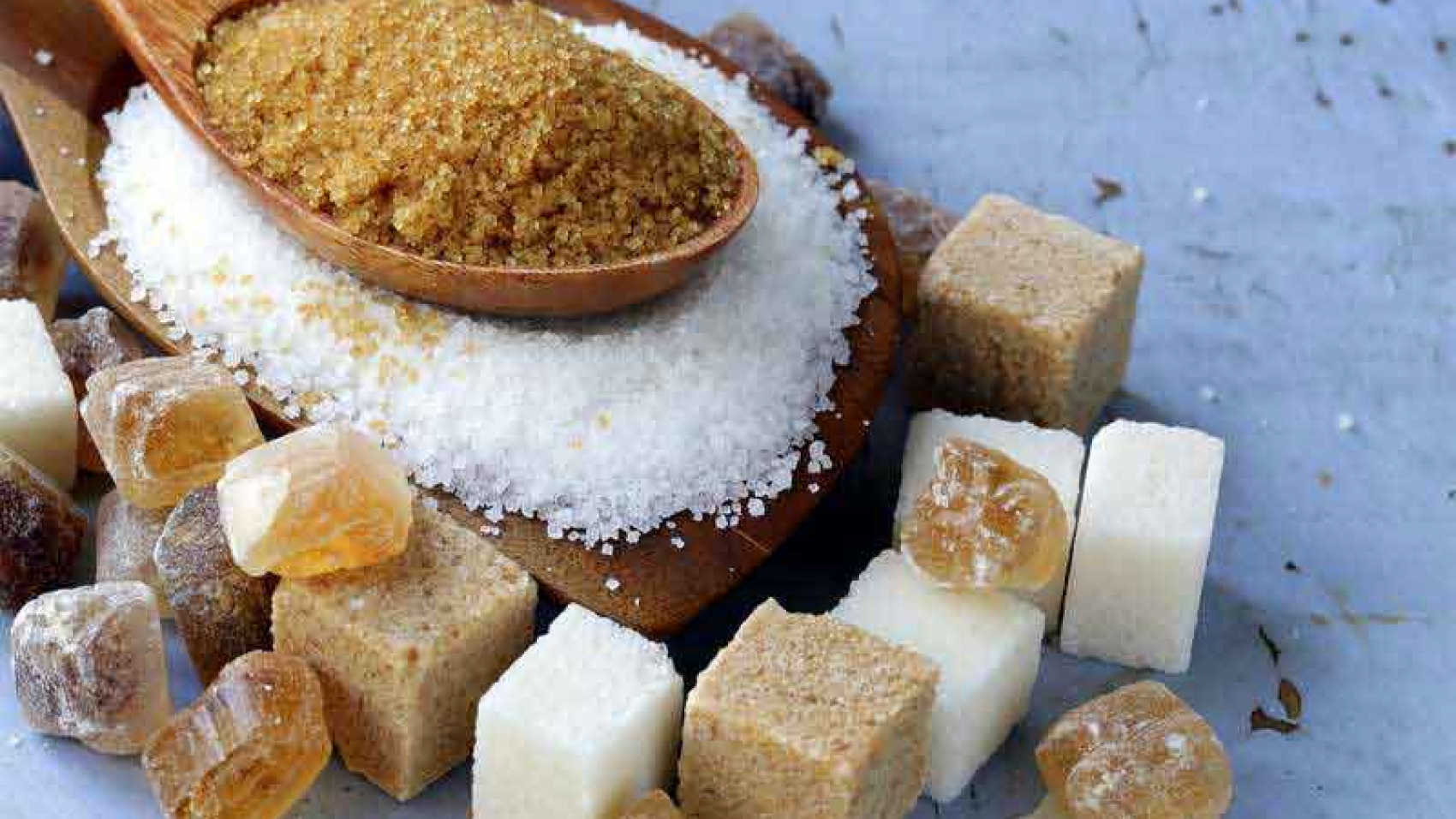Sugar Detox: How to Stop Sugar Cravings
Food cravings are intense or uncontrollable desires for specific foods,. Cravings are driven by your brain’s need for a reward, not your body’s need for food. Cravings are stronger than normal hunger. People typically crave processed junk foods high in sugar and fat.
More than 50% of people experience cravings on a regular basis. Cravings play a major role in weight gain, food addiction and binge eating.
Why Is Sugar So Addictive?
Sugar affects the brain’s reward system. This reward system helps us survive but is also involved in addictive behaviour.
Sugar triggers the release of dopamine in the nucleus accumbens, the same area of the brain implicated in the response to addictive drugs. Sugar releases endogenous opioids in the brain, which leads to a rush that causes future cravings.
Furthermore, regular consumption of sugar changes your brain so that it becomes tolerant to it, causing you to require more to get the same effect.
Sugar is addictive, and reducing sugar intake can cause unpleasant symptoms.
Sugar Detox Symptoms
Sugar detoxing will likely lead to physical and mental symptoms.
Physical symptoms may include light-headedness, dizziness, fatigue and nausea.
Mental symptoms may include anxiety, nervousness, restlessness, irritability, depression, change in sleep patterns, cognitive issues and cravings for other carbohydrates.
Sugar Detox Tips
- Eat Proper Meals with Adequate Protein and Healthy Fats.
Eat proper meals consisting of unprocessed whole foods, fibre, vegetables, lean protein and healthy fats. Eating nutritions, whole foods in adequate quantities helps you feel satisfied for longer and reduces cravings. - Practice Mindful Eating.
Eating mindfully involves being present while you eat, slowing down, and chewing thoroughly, and savoring each bite. Mindful eating helps you develop awareness of your eating habits, emotions, hunger, cravings and physical sensations. A practice of mindful eating reduces cravings and binge eating. - Plan Your Meals.
Plan your meals for the week. Ensure that you have well balanced meals and that you eat enough at each meal. - Avoid Getting Extremely Hungry.
Hunger is one of the biggest reasons why we experience cravings. Eat enough at each meal. Have a few healthy snacks on hand in case you get hungry. Do not ignore hunger signals, as extreme hunger will lead to cravings and overeating. - Get Enough Sleep.
Your appetite is largely affected by hormones that fluctuate throughout the day. Sleep deprivation disrupts the appetite hormone levels, and leads to poor appetite regulation and cravings - Stay Hydrated.
Thirst is often confused with hunger or food cravings. Try drinking a large glass of water or ginger tea first. It is helpful to drink water or ginger tea before meals as this may help reduce appetite. - Distract or Distance Yourself From the Craving.
When you feel a craving, try to distract or distance yourself from it. You can take a walk, phone a friend or complete a task. - Stop Dieting.
Dieting and food restrictions lead to cravings and overeating. Psychologically, you will obsess and crave what is forbidden. As in life it is important to have play timeline nutrition it is important to have play foods. Follow a healthy lifestyle and diet and allow small portions of occasional play foods. Whenever possible, try a healthier portion of your cravings, for example dark chocolate, cookie made with less sugar and whole flour, etc. - Stop Giving Yourself Food Rules.
Stop labeling foods as good and bad. Stop telling yourself that a a particular food or dessert is something to be earned or can only be enjoyed after a long workout. Learn to listen to your body and eat intuitively, focusing on how your body feels after you eat. Eat slowly and mindfully and stop when full. - Stop Giving Yourself Food Rules.
Stop labeling foods as good and bad. Food is not something that is earned or only enjoyed after a strenuous workout or a day of strict dieting. Learn to listen to your body and eat intuitively, focusing on how your body feels after you eat. Eat slowly and mindfully and stop when full. - Eliminate Artificial Sweeteners.
Artificial sweeteners stimulate appetite in the brain, and are linked to increased sugar cravings - DYI Herbal Tea.
1 1/2 parts lemon verbena, 1 part schisandra berry, 1/2 part of the following herbs: hibiscus, cinnamon, ginger, licorice root and yarrow leaf and flower. Combine all herbs and mix together. Store in airtight container. For each cup of tea use 1-3 teaspoons of herb mix per cup of boiling water. Cover and steep for 10 minutes. Strain and drink. - Eat Something Bitter.
Eating bitter foods may help prevent sugar cravings by acting on receptors in the brain that drive sugar intake. You can make your own bitters or choose bitter foods, such as coffee, arugula, or broccoli rabe. - Consider Spinach Extract.
Spinach extract helps delay fat digestion and increases hormones that reduce appetite and hunger. A 3.5-5 g supplement taken with a meal may reduce cravings, especially sugar cravings, for several hours. - Make Shopping Lists and Don’t Go to the Supermarket Hungry.
Reduce impulsive buying.
Being aware of your cravings and their triggers makes them much easier to avoid. It also makes it a lot easier to eat healthy and lose weight. During a sugar detox it is important to be realistic and to know your body. Some may be able to cut all sources sugar at once, others may need to go slower and cut one or a few at a time. Stay motivated and be kind to yourself. The ultimate goal is to implement a healthy lifestyle with a reduced sugar intake. Focus on progress, not perfection!


